10 Natural Foods to Help Prevent Clogged Arteries
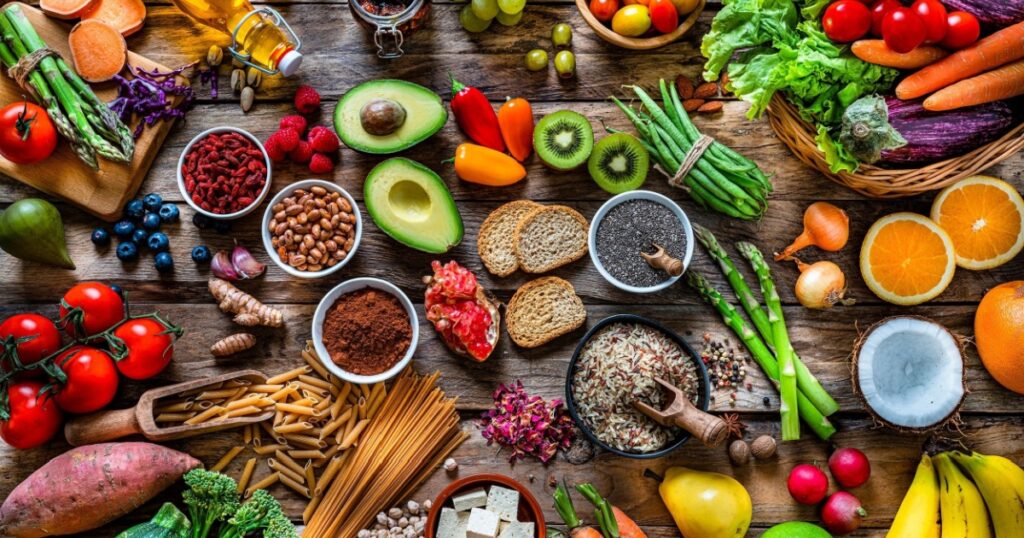
Your doctor may recommend cholesterol-lowering medications such as statins or beta-blockers to manage blood pressure. These can help slow the progression of plaque buildup, though they may come with significant side effects. Alternatively, there are numerous well-researched foods that can help prevent clogged arteries:
1. Curcumin (in Turmeric)
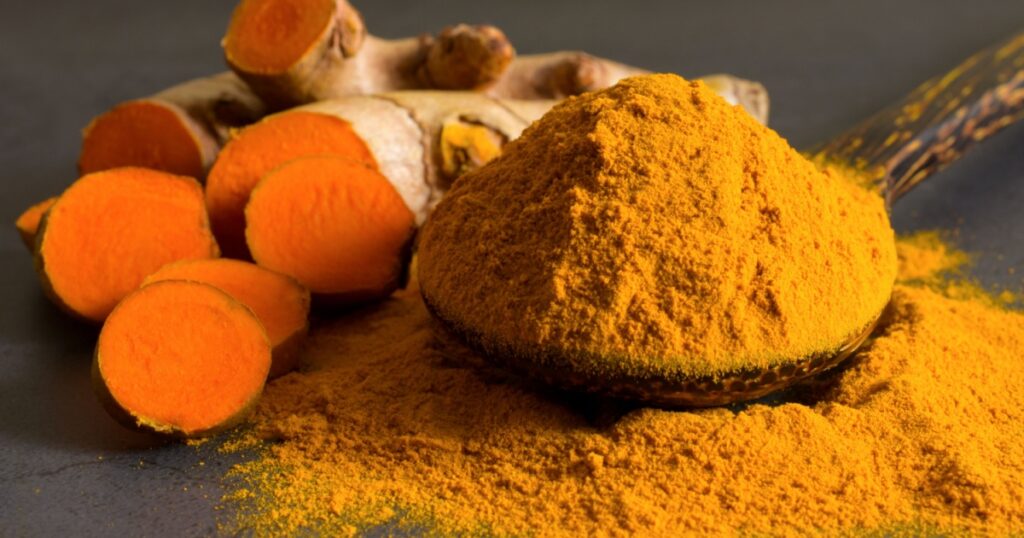
Turmeric, a well-known spice in Indian and Ayurvedic cuisine, derives most significant benefits from its active compound, curcumin. This polyphenol in turmeric has been extensively recognized for its cardioprotect properties. Turmeric extract is believed to lower levels and reduce arterial plaque buildup.
A 2011 study published in the journal Molecular Nutrition & Food revealed turmeric could effectively decrease cholesterol levels and early aclerotic more efficiently than cholesterol-lowering drug lovastatin. Additionally, 6 mouse study suggested that curcumin might help prevent arterial damage to carotid artery blockage.
2. Garlic
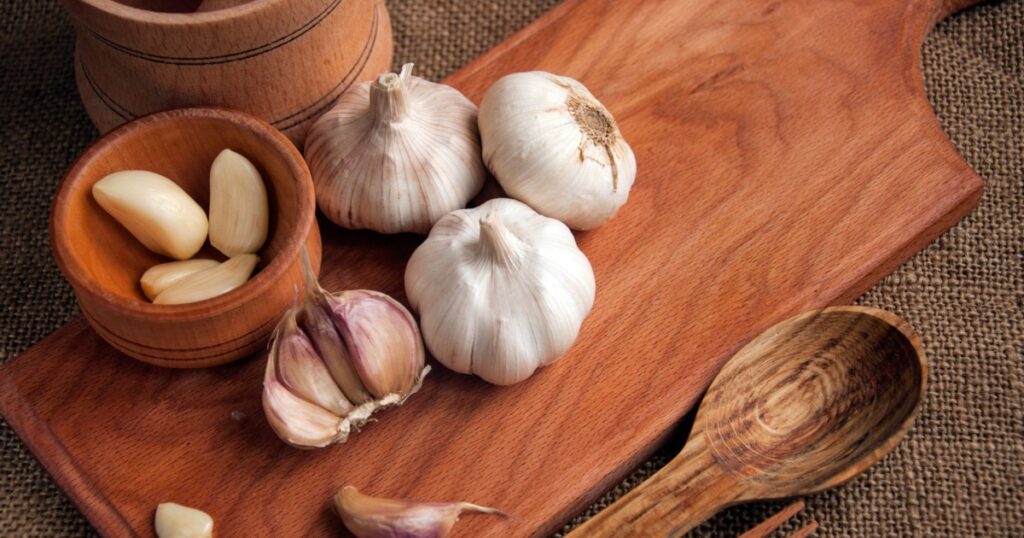
A review published in the journal Nutrition in 1997 concluded that clinical trials on garlic demonstrated positive effects in and treating atherosclerosis Another study conducted in 1999 garlic could reduce the risk of stroke and heart by over 50%. Garlic believed to effective against strokes and heart attacks due to its blood thinning properties.
3. Ginger
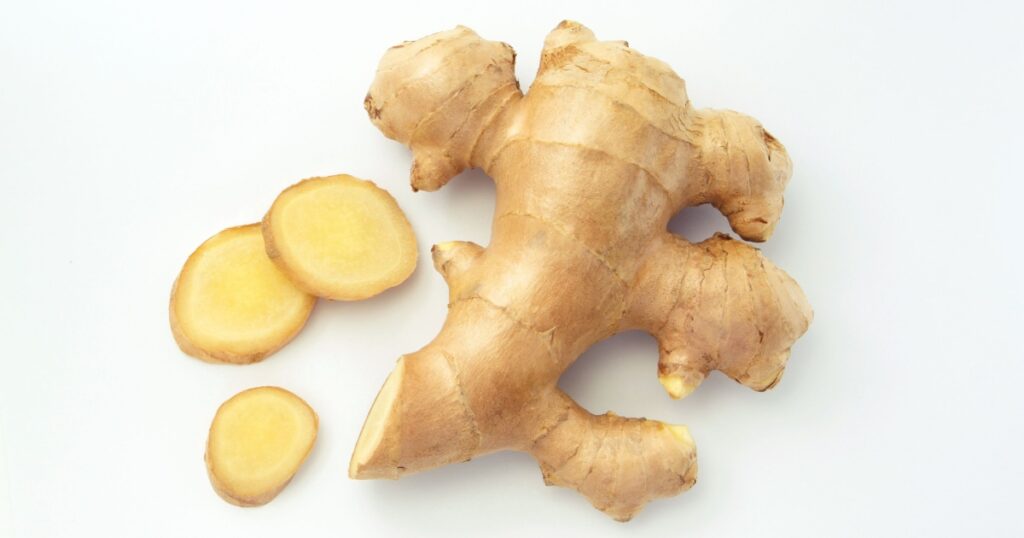
Ginger possesses remarkable anti-inflammatory and antioxidative properties It contains heart-protective compounds, as shols andols, which are highly effective in preventing plaque accumulation by lowering total cholesterol levels. A study in the of Nutrition in 2000 demonstrated that ginger extract significantly reduced aortic aclerotic lesion areas cholesterol and triglyceride levels, LDL-associated fatox, and LDL aggregation
4. Cayenne pepper
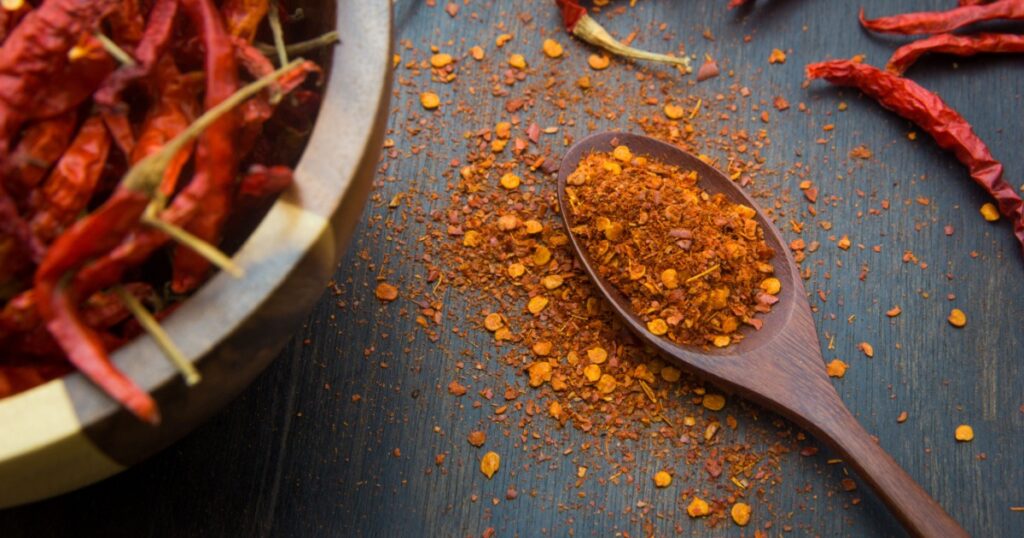
Spicy foods offer several health benefits. Capsaicin, a compound present in cayenne pepper, may assist in lowering LDL cholesterol levels in the blood. Furthermore, cayenne pepper can enhance blood circulation and potentially the risk cardiovascular issues. Additionally, highly active antiretroviral therapy (HAART) involving the HIV inhibitor ritonavir has been associated with accelerated atherosclerosis and artery hypertension. A study suggested that capsaicin could help prevent pulmonary and vascular complications to ART medications.
5. Lemon
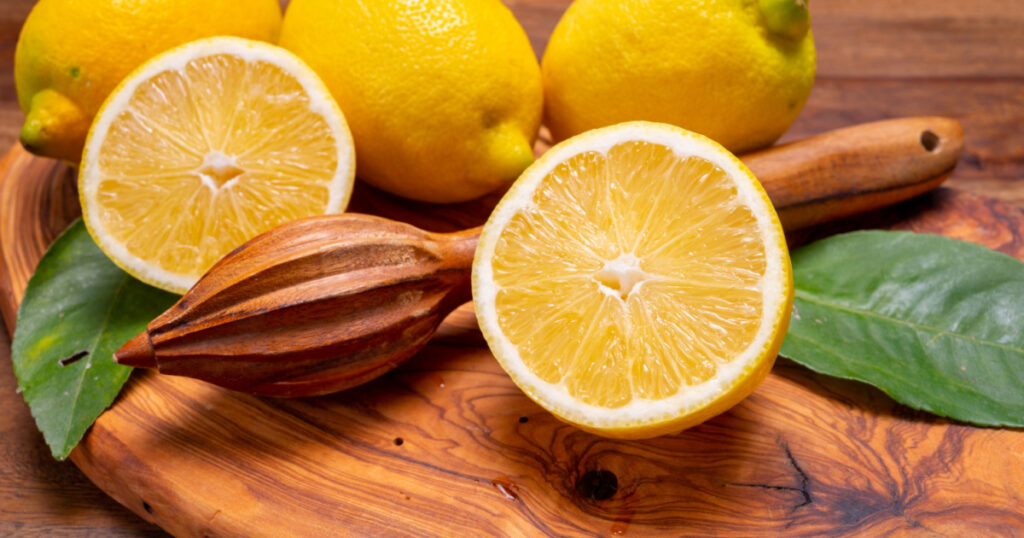
Incorporating lemon juice into your morning water is a beneficial practice for heart health. Lemon has been shown to lower blood cholesterol levels and protect the arteries by preventing oxidative damage. Additionally, lemons are an excellent source of C, a powerful antioxidant. High doses of vitamin C have been demonstrated to fortify arteries, decrease total, elevate high-density lipoprotein (HDL) levels, inhibit platelet aggregation, and alleviate inflammation.
6. Cinnamon
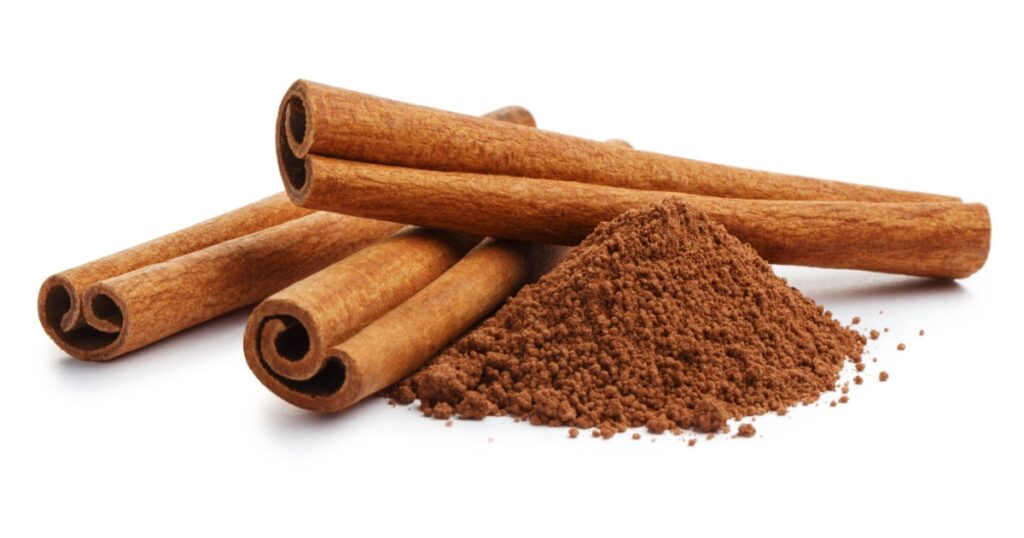
Cinnamon has been shown to reduce several risk factors associated withtherosclerosis and heart disease. A study published in the journal Diabetes Care in 2003 that consuming one gram, three grams, or six grams of cinnamon daily can lower levels, triglycerides, LDL cholesterol, and total cholesterol in individuals with type 2 diabetes. The study observed 60 diabetic participants over a 40-day period, leading researchers to conclude that cinnamon may help mitigate the risk factors for cardiovascular disease.
7. Ground flaxseed
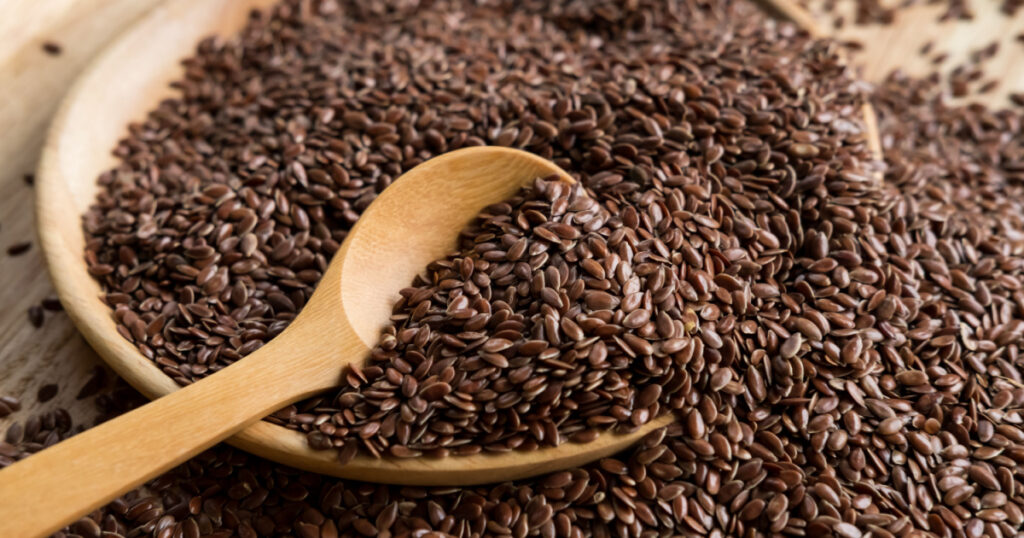
Flaxseed is another important food for heart health. Ground flaxseed can help support healthy arteries with high fiber. It is also a good source of alpha-linolenic acid, an omega-3 acid that can lower inflammation and blood pressure. In turn, arteries will not become clogged. In a 1997 study published in the journal Atherosclerosis, researchers found that flaxseed lowered the development of aortic atherosclerosis by 46% in rabbits.
Researchers concluded that modest flaxseed supplementation is an effective treatment for reducing hypercholesterolemic atherosclerosis. Also, it is a good idea to grind your flaxseed. They contain greater amounts of omega-3. On the other hand, the polyunsaturated fats in pre-ground flaxseeds will break down over longer exposure to oxygen, and it can become rancid.
8. Fermented cabbage
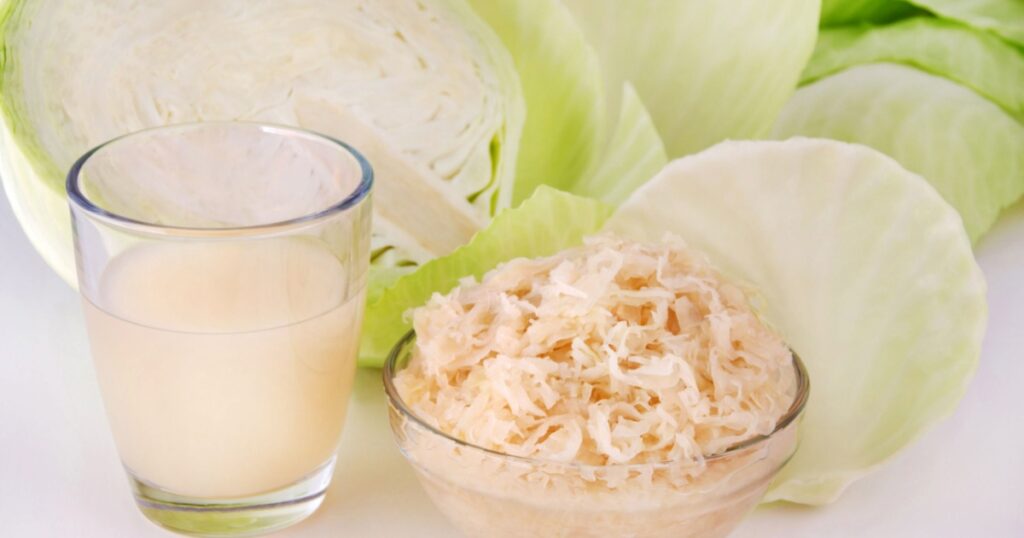
Kimchi, a widely consumed probiotic Korean dish, of fermented cabbage and hot and been shown to slow the progression of atherosclerosis. A study published in 2007 in the Journal of Agricultural and Food Chemistry reported that an active compound in kimchi, known as --hydroxy-3,5-dimethoxyphenyl, can aid in preventing aortic atherosclerosis in rabbits fed a high-cholesterol diet. Additionally, fermented cabbage has demonstrated the ability break down toxic substances, including bisphenol A and the insecticide chlorpyrifos.
9. Sesame seed
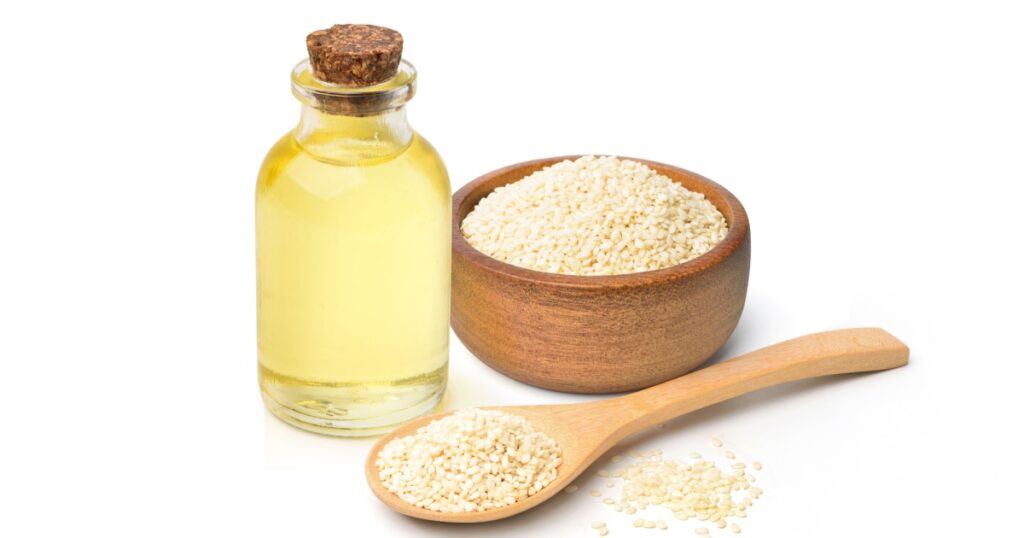
Sesame seeds may play a role in preventing arterial blockages, as evidence indicates their potential to hinder the of atherosclerosis. A three animal study, published the Journal of Medicinal in 2006, demonstrated that the fatty acid composition of sesame oil effectively inhibited the formation atherosclerotic lesions, reduced blood cholesterol, triglycerides, and LDL cholesterol levels in mice.
10. Pomegranate juice
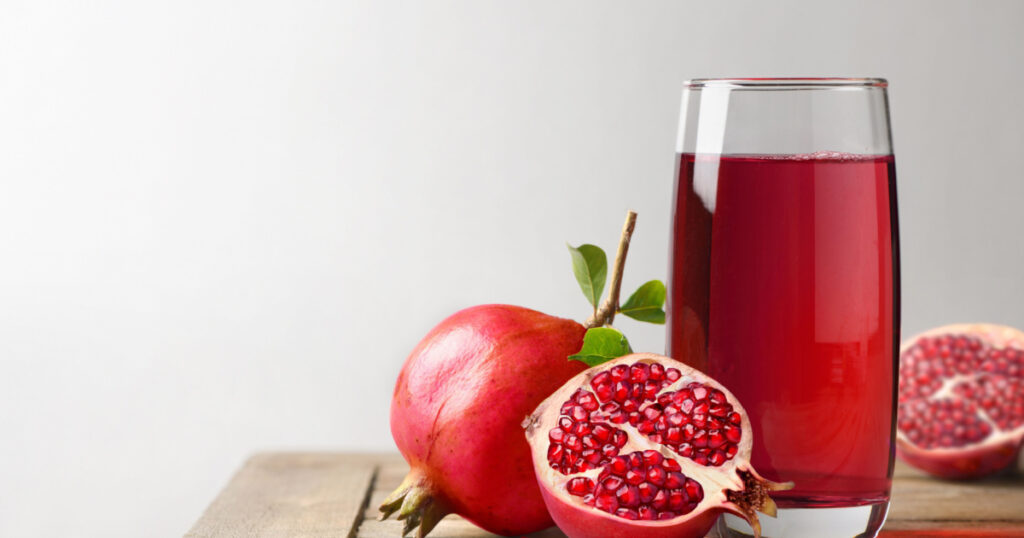
The high antioxidant content and punicic acid in pomegranate juice are thought to help decrease plaque formation and fight atherosclerosis. Pomegranate juice also contains important nutrients for heart health, such as magnesium and selenium. In a randomized, double-blind, parallel study published in the American Journal of Cardiology in 2009, researchers found that drinking 240 milliliters (ml) of pomegranate juice daily for up to 18 months slowed the progression of carotid artery disease for patients at risk of coronary health disease.
Other Natural Remedies for Clogged Arteries
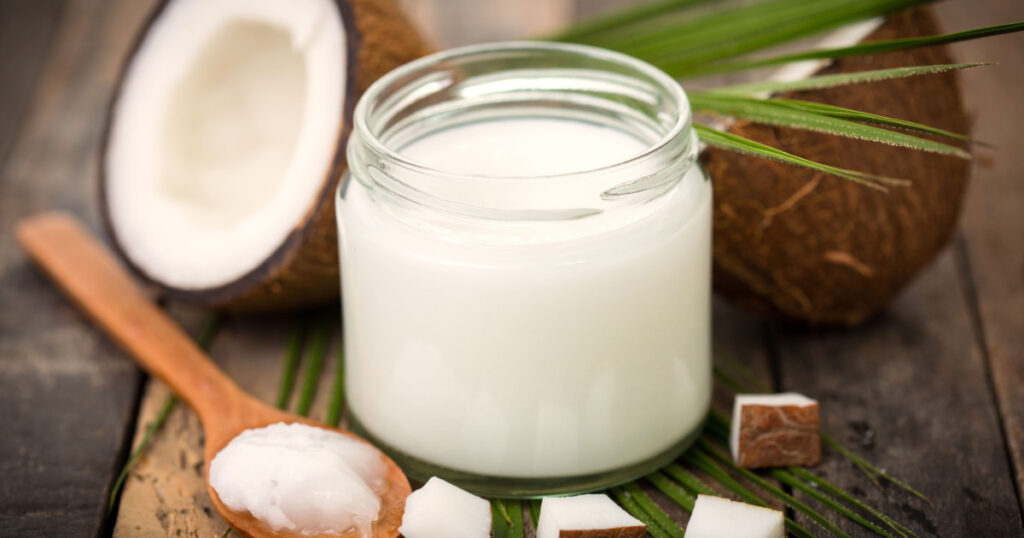
Foods that can prevent clogged arteries include asparagus, avocado,, chia seeds, fenugreek seeds, and coconut oil. Dietary supplements and nutrients beneficial for atherosclerosis include methyl donors as vitamin B6, choline folic acid, and vitamin B12, as well as antioxidants like vitamin C, vitamin E, lutein, zeaxanthin, grape seed extract, and pine bark extract.
Additional essential nutrients include-arginine, vitamin D, vitamin B3, fish oils, and Q10 (CoQ10). Other helpful supplements are magnesium selenium, resveratrol, copper, chromium and ethyl glycine Moreover, exercise is equally vital as diet for cardiovascular health. Stress-reducing activities like meditation, yoga, tai chi, and qigong are particularly. Aerobic exercises, gardening, walking, or running can also aid in combating atherosclerosis. Aim for about 30 minutes of exercise daily, five days a week.
Disclaimer: Specifically, anyone on blood thinners needs to consult their physician before taking additional blood thinning dietary factors. This information is not intended to be a substitute for professional medical advice, diagnosis or treatment and is for information only. Always seek the advice of your physician or another qualified health provider with any questions about your medical condition and/or current medication. Do not disregard professional medical advice or delay seeking advice or treatment because of something you have read here.
.jpg)


0 Comments